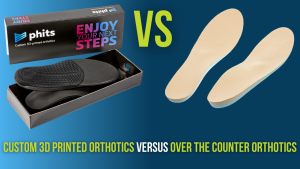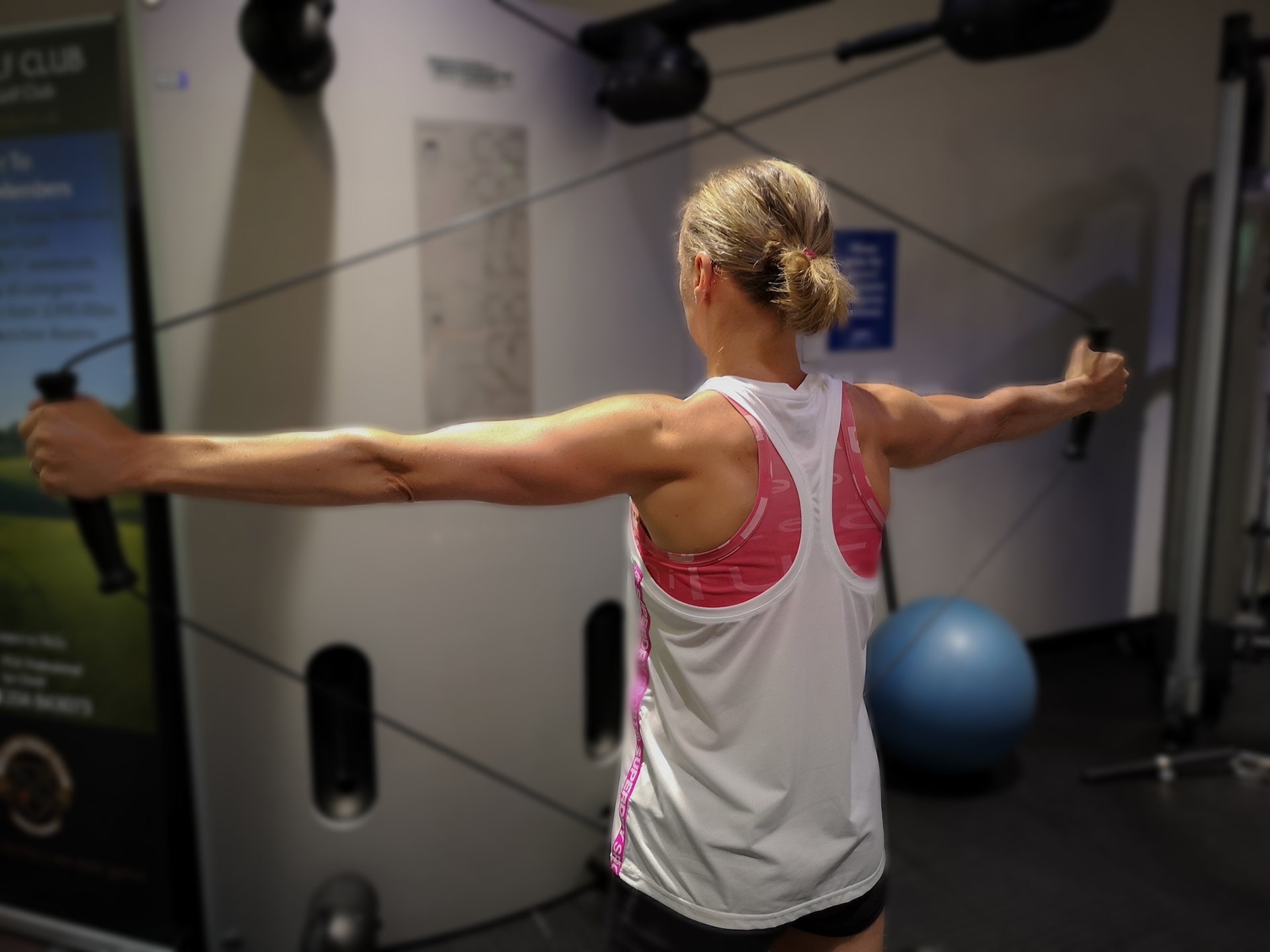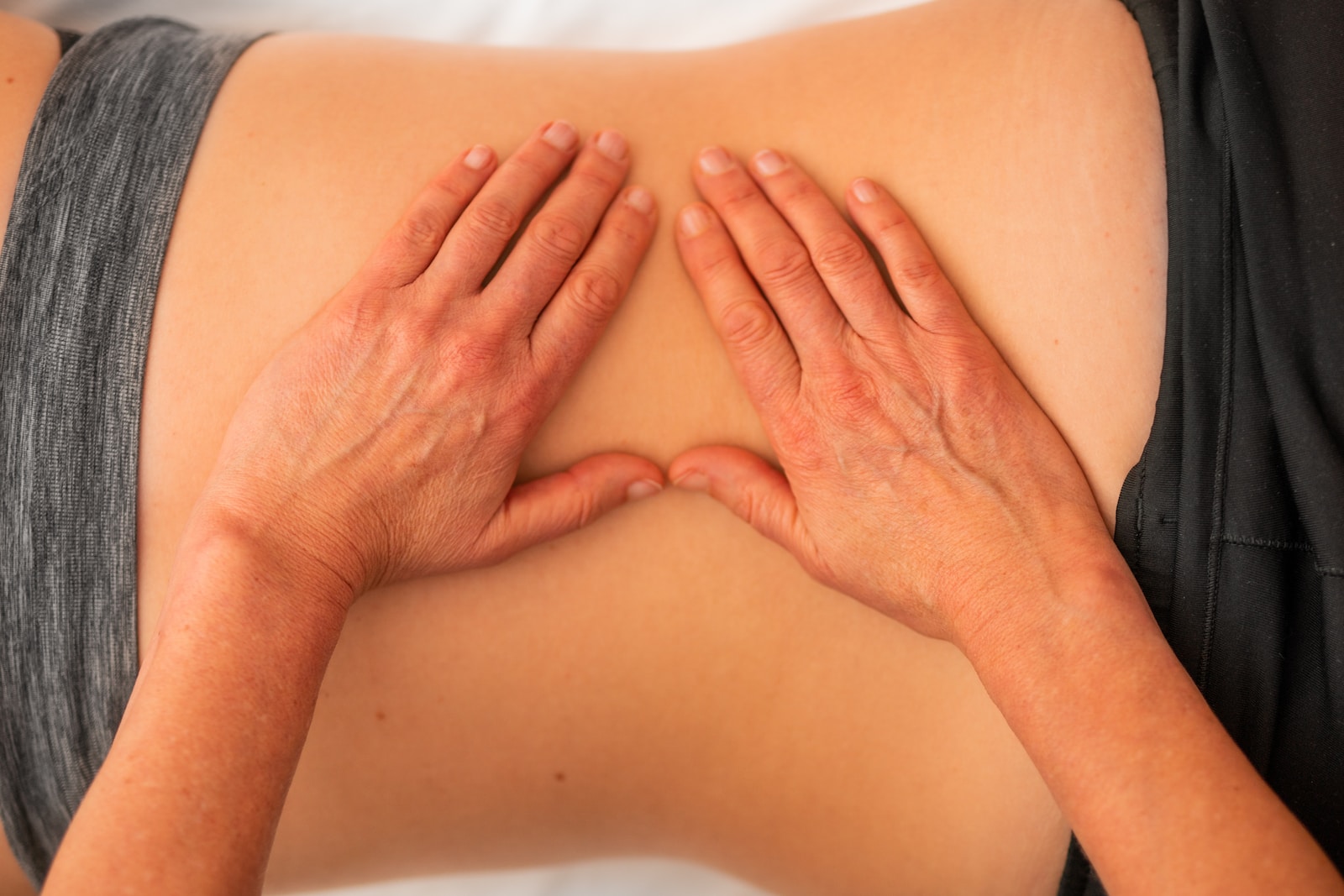HOW TO SLEEP WITH A FROZEN SHOULDER
Having a frozen shoulder can be an uncomfortable and frustrating journey to recover full activity. Sometimes full recovery can take up to 2 years, therefore understanding how to sleep with a frozen shoulder can be very important.
What is frozen shoulder?
Frozen Shoulder is a condition which the connective tissues surrounding your shoulder joint become inflamed and stiff. The symptoms can often vary depending on your lifestyle, hobbies, age etc and often develops in stages.
Although the cause of frozen shoulder is often unknown, it appears to be more common in people with diabetes, thyroid disease and in woman over 40 years old.

Others may be due to a previous shoulder injury, or arthritis which reduces the amount you move your shoulder which leads to the tissues surrounding the shoulder joint to tighten up. Leading to a stiff shoulder.
Having a frozen shoulder can be painful and normally only affects one of your shoulders.
The pain can often be felt in the shoulder and radiate down your arm when it is in its most painful stage. Even simple tasks like brushing your hair or getting dressed can be difficult.
This article about How to sleep with a frozen shoulder is essential for anyone with shoulder pain.
This short video can be helpful to understand from the shoulder doc
The Stages of a Frozen Shoulder
The common stages of frozen shoulder are often referred to as:
The freezing stage (painful stage): This is where pain gradually gets worse over time and prevents you from moving your shoulder. It often leads to a gradual decrease in your active range of motion.
- Frozen Stage: This is where your pain may ease but the stiffness remains
- Thawing Phase: This is where your pain continues to lessen and your movement gradually improves
Importance of sleep with Frozen Shoulder
Sleep plays an important role in any injury recovery.
Muscles and tissues repair when we sleep.
Therefore, poor sleep can impact your recovery. The longer the sleep impact the more it can affect your recovery.
As you fall into deeper stages of sleep, your muscles will see an increase in blood flow, which brings along oxygen and nutrients that can help recover and repair muscles and regenerate cells.
Additionally to this, when the body enters a deep sleep stage know as non-REM sleep the pituitary gland releases growth hormones that stimulate muscle repair and growth.
When the body doesn’t get enough rest, the secretion of this growth hormone declines and it can become harder for your body to recover from injuries. The hormone prolactin, which helps regulate inflammation, is also released while sleeping.
If you don’t get enough sleep, you are more likely to experience inflammation in the body, which can make injury recovery more difficult while also putting you at risk of further injury.
TIPS ON HOW TO SLEEP WITH FROZEN SHOULDER
As you have learnt, sleep is important when recovering from a frozen shoulder.
Therefore, finding a way to sleep is essential. There is no one size fits all solution, although here is some things to consider.
- Use of pain medication. If pain is your issue then consulting your doctor or pharmacist for advice on suitable medication to help reduce your pain to allow you to sleep is something to consider.
- Use pillows to prop your arm into a suitable position.
For those of your who sleep on your back, a pillow under your painful arm which allows your hand to rest on your stomach may help. Alternatively, for those who sleep on your side, sleep on your non painful side while hugging a pillow to your chest with painful arm, can offer some comfort.

Treatment for Frozen Shoulder
Frozen shoulder hydrodilatation Injections
This animation video highlights in small, simple steps how we at W27 Imaging, perform the injection and we hope you the patient, can feel better informed about your condition and how we try to manage it.
Here to help
At Summit Physio we are dedicated to supporting our patients to find helpful solutions when recovering from pain for injury. We pride ourselves on supporting patients at each stage of the the recovery journey.
For more information, you can find our other blogs here, and if you are looking for help with your own injury rehabilitation you can email us at getmebetter@summitphysio.co.uk or ring us on 0800 731 2738






